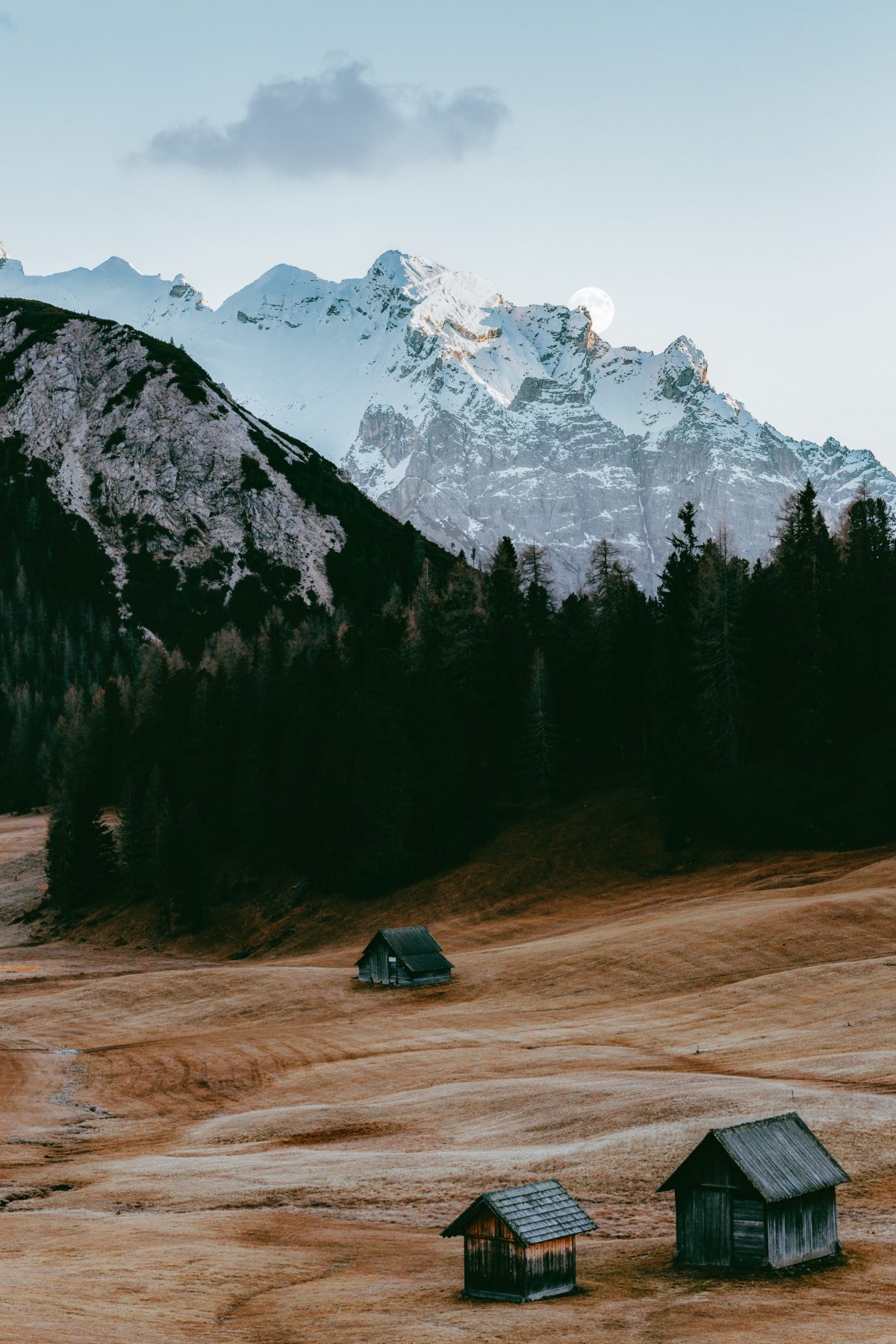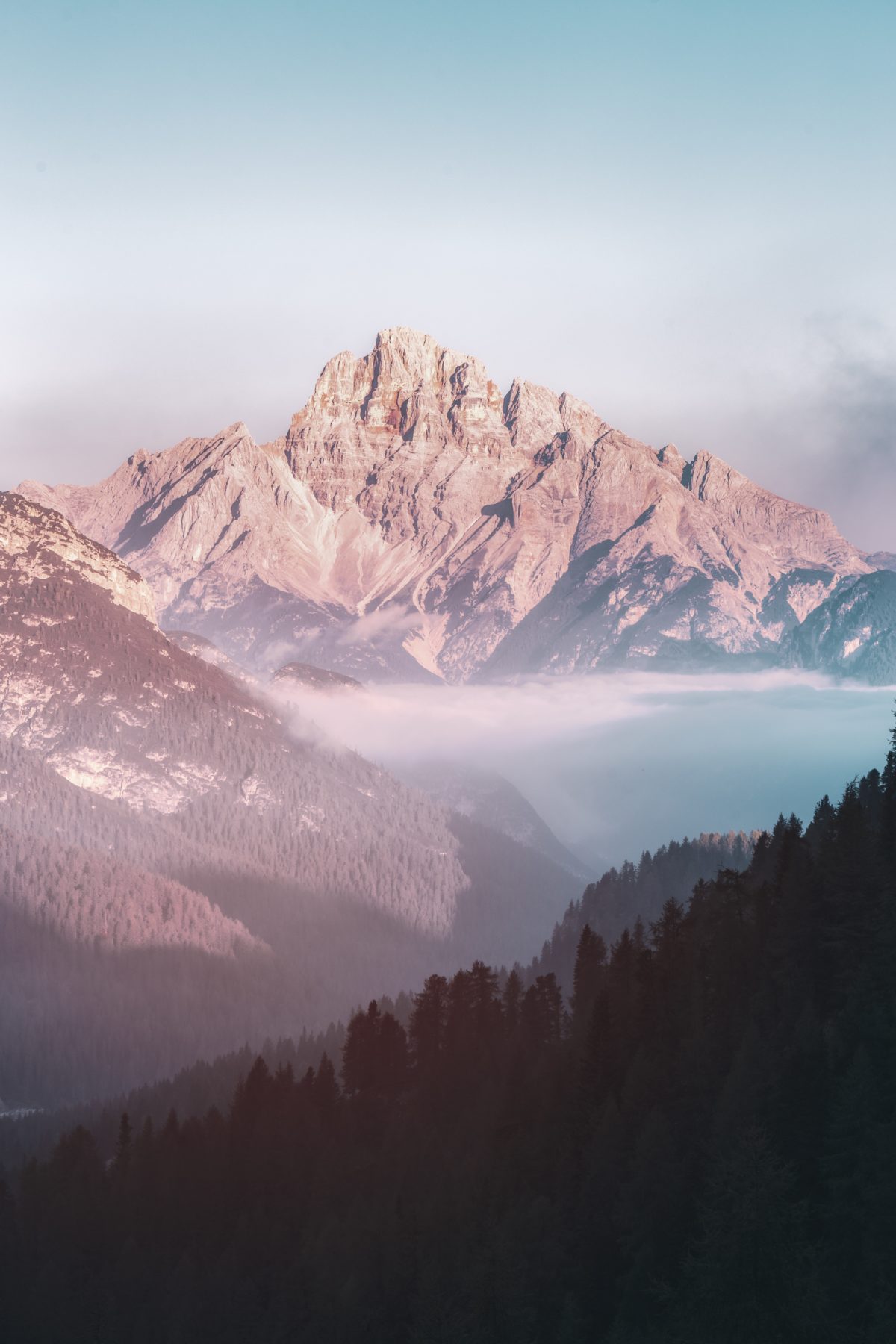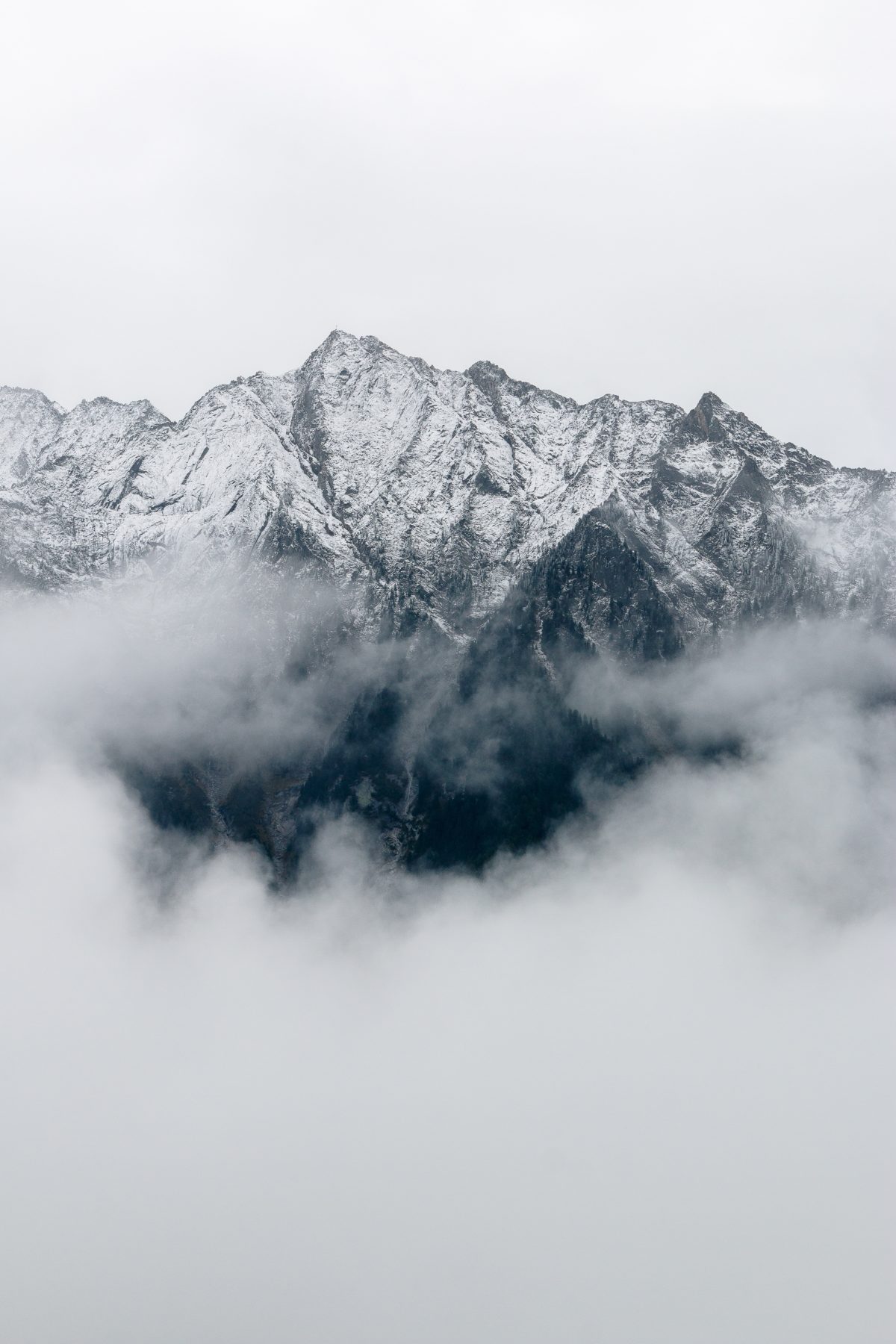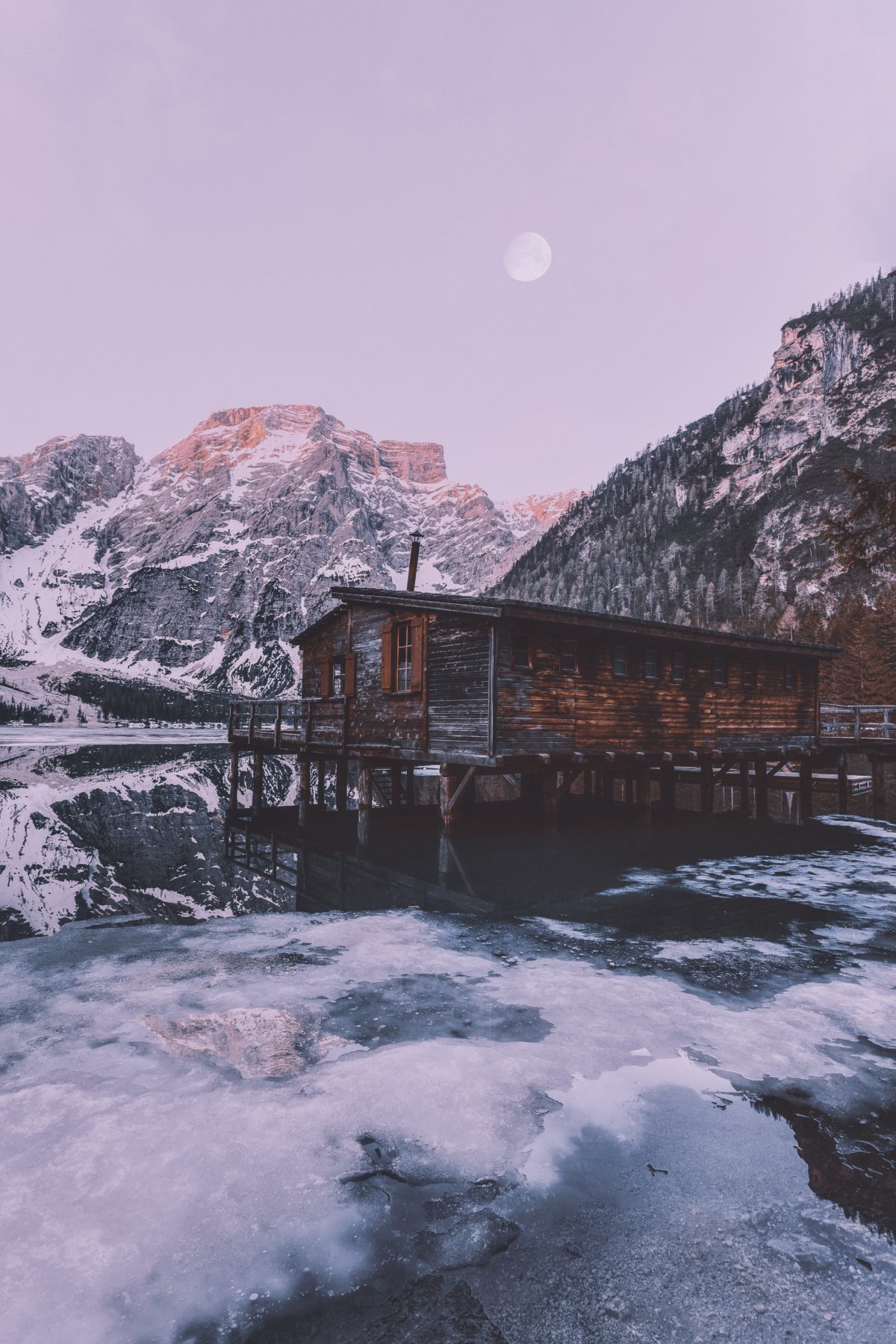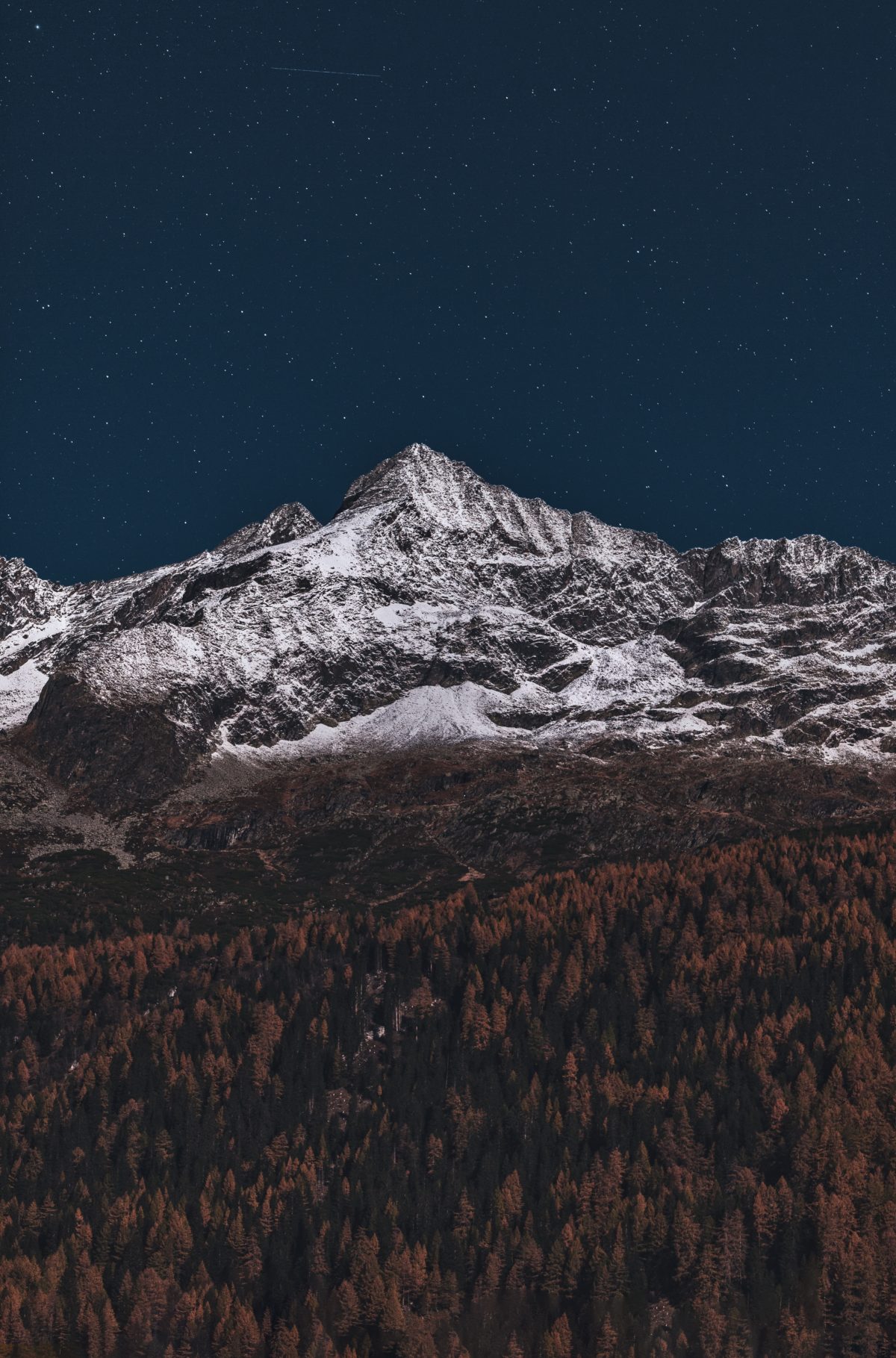Eberhard Grossgasteiger was born in 1976 and currently lives with his family in Ahrntal, northern Italy. He’s a trained network technician, web developer, and freelance photographer.
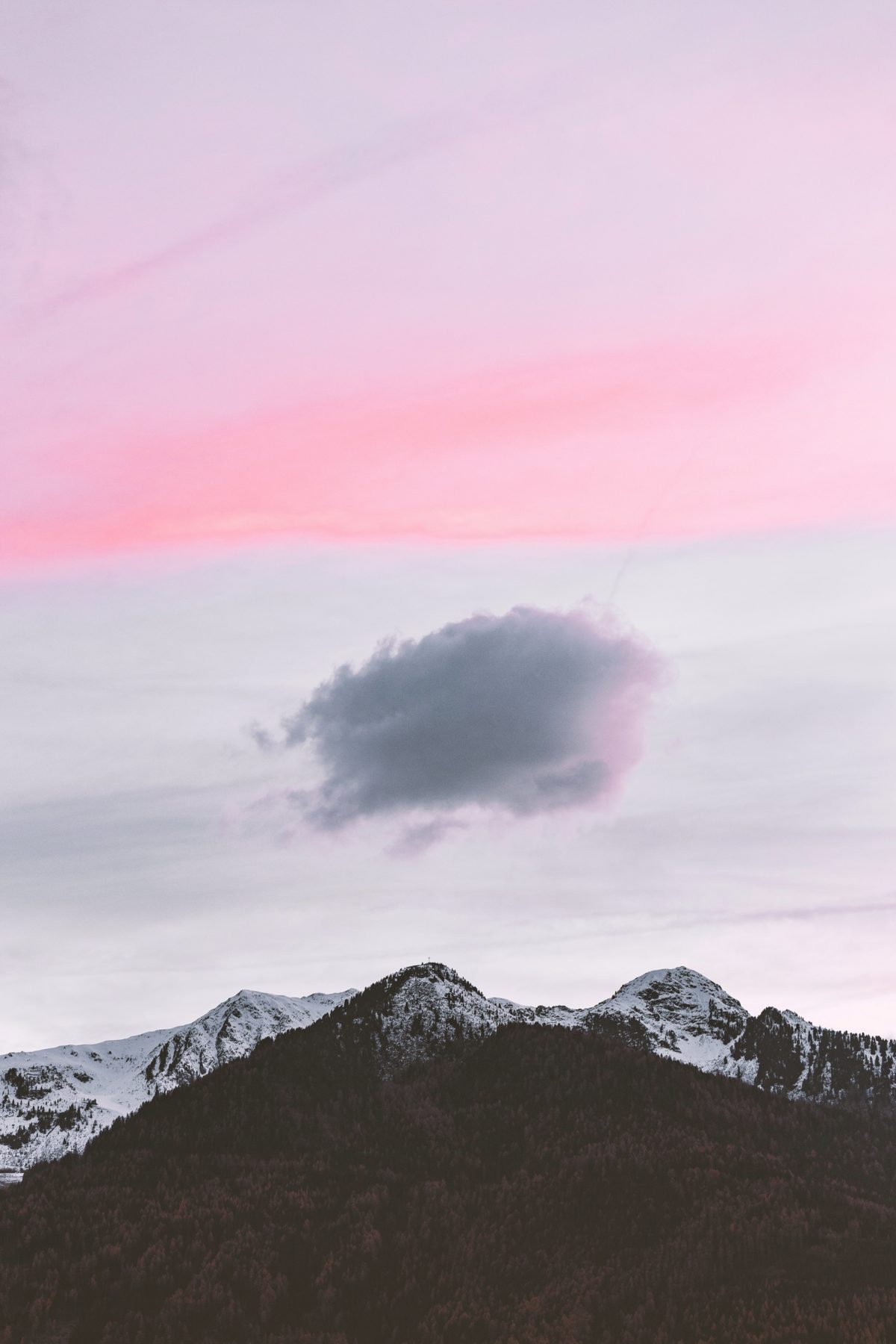
Eberhard’s visual journey started with analog photography about 25 years ago. Once he learned the basics of analog photography, he continued with digital photography – an entirely new experience. Eberhard takes photos with a full-frame Canon EOS 6D, always in RAW format. His landscape and nature shots are mostly taken with a Tamron 85mm f/1.8 with image stabilizer. He takes wide-angle photos only for the reflections he’s looking for in lakes, and he then edits everything in Photoshop, mainly with Adobe Camera Raw.
Eberhard says he doesn’t like oversaturated colors, and his love for matte, dark, and gloomy moods is easily recognizable in his photography.
Five Questions to Eberhard Grossgasteiger
How would you describe your photography to someone who has never seen it?
I think and see that many photographers always look for the extraordinary and consider the apparently beautiful in their daily environment as not good enough. I would describe my style as a tribute to the unnoticed, so-called not worthy photography, and I tend to look at nature in a way that other people like. This is the “underrated nature” in my eyes. If you want to see something special, you must look at what others don’t.
What makes a great photograph?
A “good” photo conveys emotions and moods that do not necessarily have to be positive or pleasant. First and foremost, a good photo awakens something in you, it creates longing, it touches something in you.
So, what defines a beautiful photo? A photo on which the eyes of the viewer remain stuck with pleasure for more than 1 second. The longer you look at the picture, the more beauty you will discover. If you look at the photo again after some time and you find nothing that disturbs you, then it is a great photo.
It is a great photograph: a) when it touches you; b) if it tells a story; c) if it’s new or original; d) if the apparently not beautiful becomes beautiful.
If it can change or consolidate your view of the world, the environment, everyday life or people, then I think it is a very good picture.
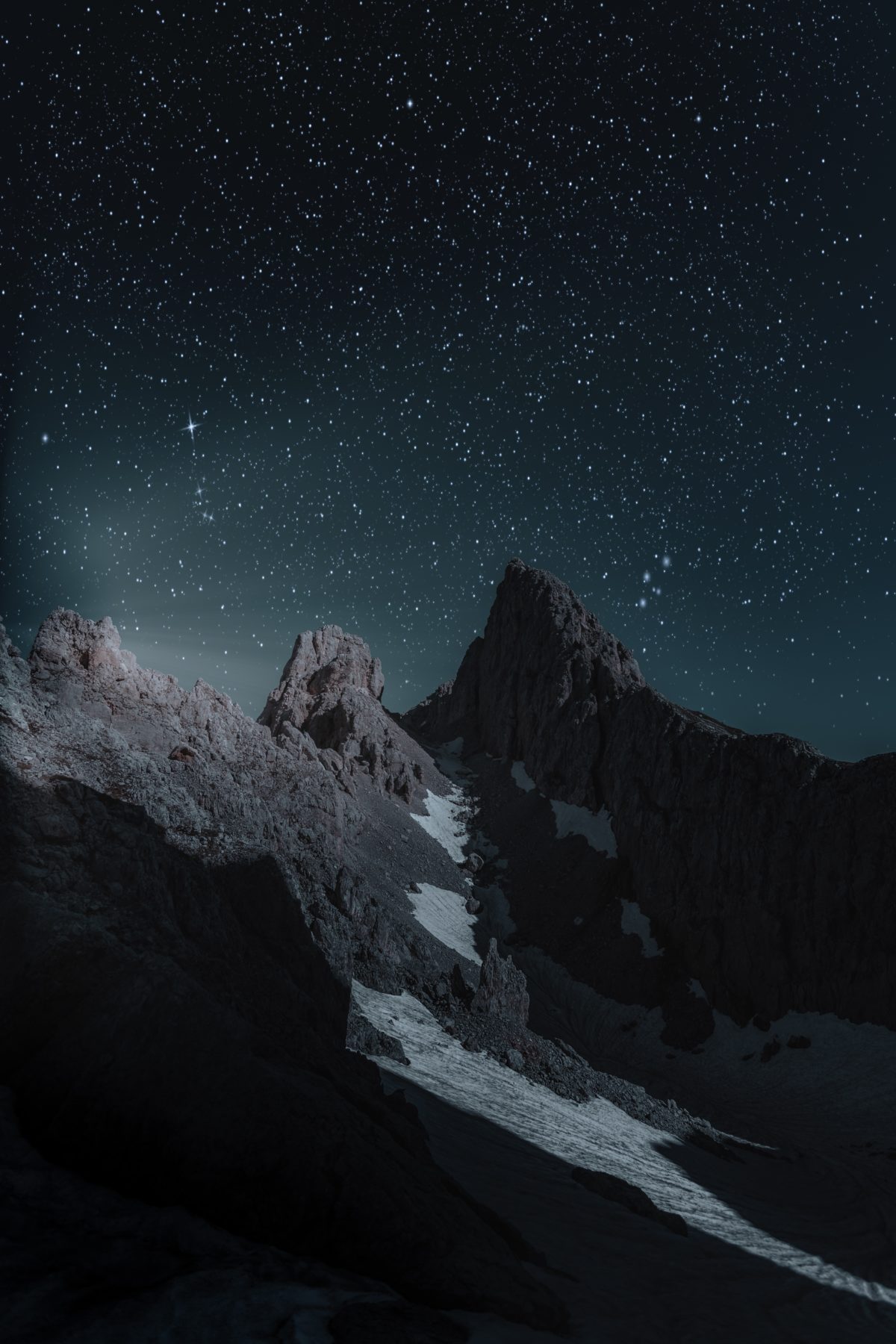 What’s your main source of inspiration when you’re behind the camera?
What’s your main source of inspiration when you’re behind the camera?
I think generally staying motivated and inspired is crucial for a photographer’s long-term growth. It’s far more important than having good gear or perfect lighting. Knowing this, I am always trying to learn and refine new techniques in post development on my computer. The patience to integrate the new into my never-ending learning process is a challenge and an inspiration at the same time. This is always my greatest ambition for better and better photography. To clear my mind for creativity I go mountain bike riding, hiking with my wife, and enjoy my intact family life.
How is the photography industry changing in the digital era?
When such questions arise, I always ask myself: “Can I change something about that?”. My subjective answer to this is definite: I can’t change anything about the progression. Today is today and yesterday was yesterday. The entire industry, as well as the digital photo industry, is primarily profit-oriented. It will continuously place new products and “hypes” on the market and people will adapt. This process cannot be stopped, and a good photographer or artist will always find a way with the technical resources available to be successful or inspiring. The person who adapts best and finds good in bad will be successful. Competence and presence in social networks are part of the modern photographic equipment. Everlasting curiosity for the new, and the understanding of things defines a modern human being.
Have you heard of Blockchain and if so, what are your views on it?
I have heard about Blockchain technology and know how it works. I cannot objectively judge the hype about the Bitcoin debate and other transaction systems using Blockchain technology. Personally, I currently see this with 2 different eyes: the eye of curiosity and the eye of skepticism. Nevertheless, I am interested in how eyeso.co will integrate the Blockchain technology into their concept to sell art in a more efficient way.

